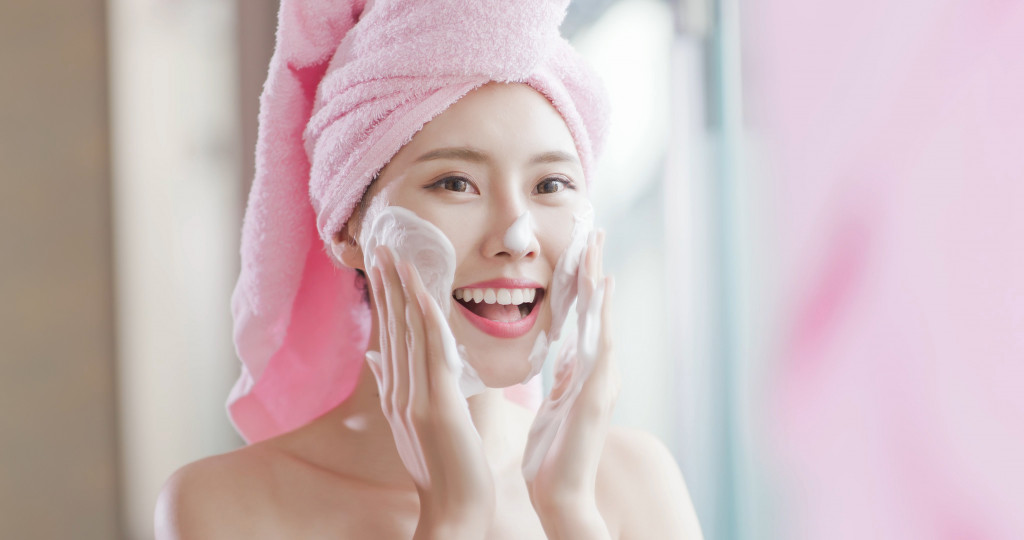Living in elevated Utah is not exactly the best thing for your skin. Ultraviolet radiation, dry air, and particulates in the air wreak havoc on your skin — hastening signs of aging and increasing the risk of skin cancer and melanomas.
Avoid the Sun
Ultraviolet (UV) radiation gets more concentrated with elevation — by almost 7 percent per 1,000 feet. Salt Lake City’s high elevation makes it more exposed to 28 percent more UV, putting its residents at a higher risk of developing skin cancer and melanomas. Utah already has the highest rate of skin cancer in the US. Elevation, the state’s outdoor culture, and its predominantly Caucasian populace play significant factors in increasing the risks involved. Avoid the sun by staying indoors when the sun is at its peak.
Wear protective clothing that shields you from the sun like wide-brimmed hats, long-sleeved shirts, and pants. Bring an umbrella when the sun is shining brightly or the UV index is particularly high. Just make sure your umbrellas are sufficiently opaque or dark in color. Most Utahns develop melanomas on the left side of the body. Scientists and doctors attribute this to UV exposure when driving. Get your car tinted with UV-filtering film — it can block 99 percent of UV radiation and make your daily commutes safer.
Of course, make sure to have regular check-ups with a licensed and experienced dermatologist. Skin cancer and melanomas are easily treatable — especially if spotted early.
Clean Your Skin

Utah’s air pollution problem can be problematic — especially during winter inversions. The pollution in the air can cause particulates to clog your pores or even seep into your skin. This can lead to acne breakouts that can leave permanent scarring, skin irritation that can cause rashes, and painful and unsightly eczema. Particulates that penetrate into your skin directly damages the collagen underneath — making your skin less flexible and firm, and more prone to cracking and sagging.
Taking a bath after you arrive home might not be enough (although it certainly helps). While a normal bath or shower can certainly remove smoke, grime, and other pollutants — you’ll need to use exfoliants on your face to ensure that it stays clean. Strong exfoliants can dry up your skin so stick to milder ones.
Moisturize
The higher the elevation, the thinner and drier the air. The dry air in Utah makes your skin more prone to wrinkling and cracking. Elevation also reduces feelings of thirst while also increasing your water loss. Just breathing in high altitudes reduces the amount of water in your body. Drink water — and lots of it. Set scheduled alarms to remind you to drink a glass or two or get one of those smart water bottles that do it for you.
Before you sleep, make sure to moisturize with a cream-based moisturizer. If the weather is particularly dry, use a humidifier or a swamp cooler in your room.
With UV, dry air, and air pollution, Utah is a harsh environment for your skin. However, you can still take measures to keep your skin safe and looking young.